As we reflect on the past year, 2024 has been a world of change with attending conferences, launching a research project that is currently in progress (go take it if you haven’t yet!), and some new vision and direction (more on that to come). From navigating mental health challenges through a biblical lens to addressing the unique needs of families and church communities, the top articles of the year have offered encouragement, practical guidance, and faith-based wisdom. In this special roundup, we revisit the ten most impactful articles that inspired deeper trust in God, fostered emotional healing, and strengthened spiritual resilience. Join us as we explore these rich resources, each designed to equip counselors, church leaders, and believers on their journey toward holistic well-being.
It should be noted that these are only posts that have been most viewed throughout the year, but other articles from years past still have the highest views. Posts like Difference Between Licensed and Biblical Counselors and How God Used My Struggles with Scrupulosity to Teach Me His Amazing Grace are outperforming most current articles without even marketing them. Something to be said for good content with intentional focus.
So check out the articles below and let us know your favorites from 2024.
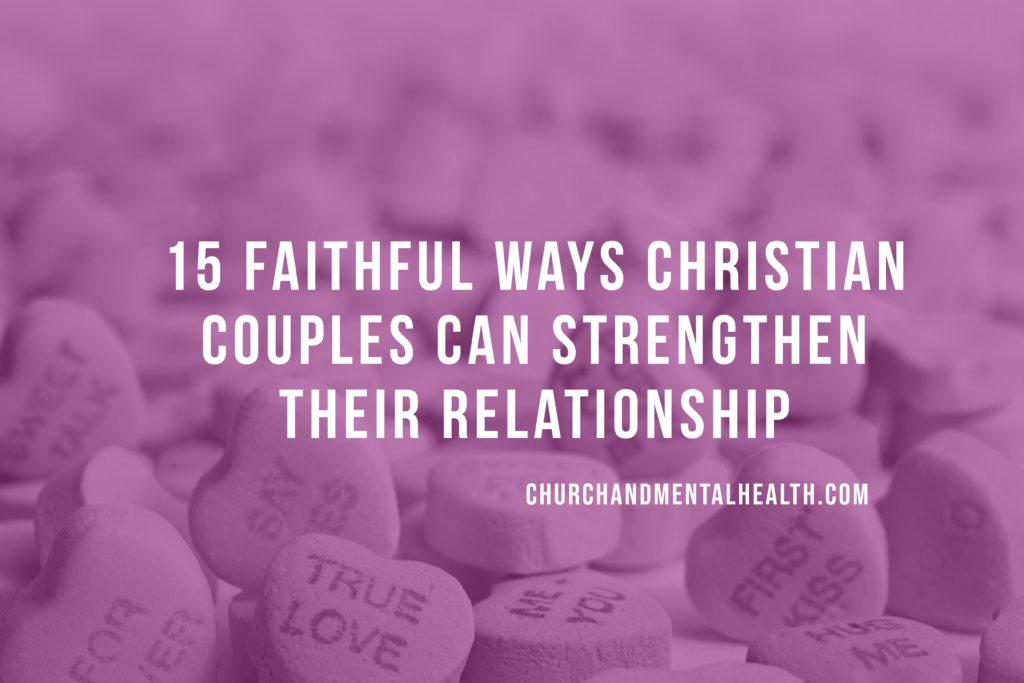
#1 15 Faithful Ways Christian Couples Can Strengthen Their Relationship
As Christian counselors and pastors, guiding couples on their journey of love and faith is a divine calling. With Valentine’s Day approaching, let’s explore 15 meaningful ways for Christian couples to enrich their relationships. We’ve done 10 tips to improve your marriage before and even shared some Christian curriculums to enhance your relationship that you can check out, but it’s time to revisit this topic.

#2 Where Psychology Ends, Faith Continues
Within Christian mental health, the conversation of where does faith and psychology meet is a reoccurring conversation. We’ve discussed thoroughly integration for Christian counselors, if faith even has a place in the counseling room, shared assessments which counselors can administer for clients to instruct counseling sessions, and even models out there that churches should look to integrate into their own mental health or compassion ministries. But in looking at psychology and faith, it is our belief that there is an end to psychology, but not for faith.

#3 Forgiving What You Can’t Forget [Book Review]
I want to preface this post that I do not think I’m the target audience for this book. With that being said, I loved this book. In comparison to the first book which is in a similar vein, this book feels more complete and polished with a full outlook on how the audience can apply the techniques discussed in the text. If you are looking for a clinical book about forgiveness or a Christian theology text, this is not for you.
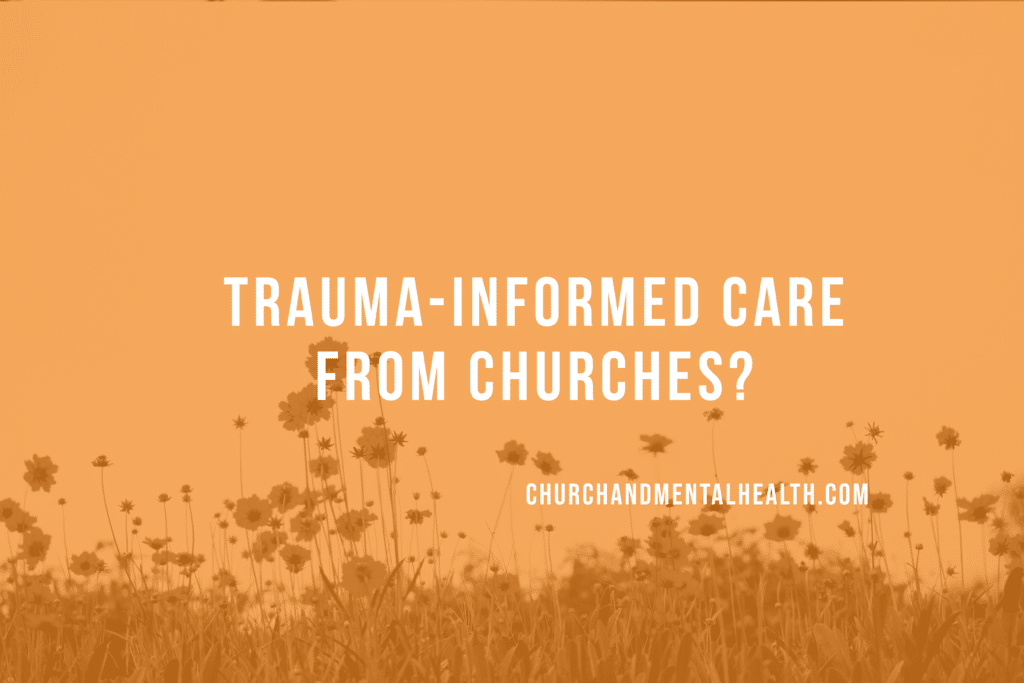
#4 Trauma-Informed Care from Churches?
As Christian leaders, pastors hold a profound responsibility to nurture and care for the spiritual well-being of their congregations. I do not think it is a large leap that many churches then take partial responsibility for the emotional and cognitive well-being of the congregation as well, though we know there is a difference in the role of the pastor and a counselor.
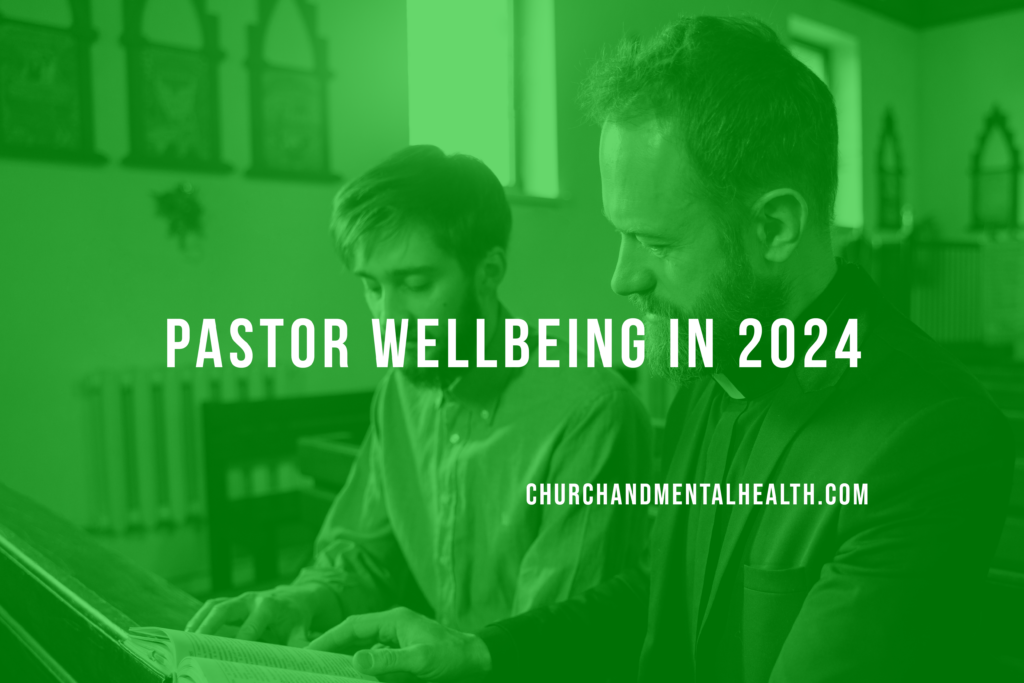
#5 Pastor Wellbeing in 2024
For those that do not know, Barna has been doing a “State of …” series with their surveying of churches to include State of Your Church, State of Pastors, Volume 1, State of Discipleship, and now the newest one, State of Pastors, Volume 2. If you haven’t been keeping up with them, I do not think you need to purchase all of the old documents, but this newest report is worth buying the physical copy or downloading digitally. From a mental health perspective within the Church, we want to share some essential highlights you need to see.
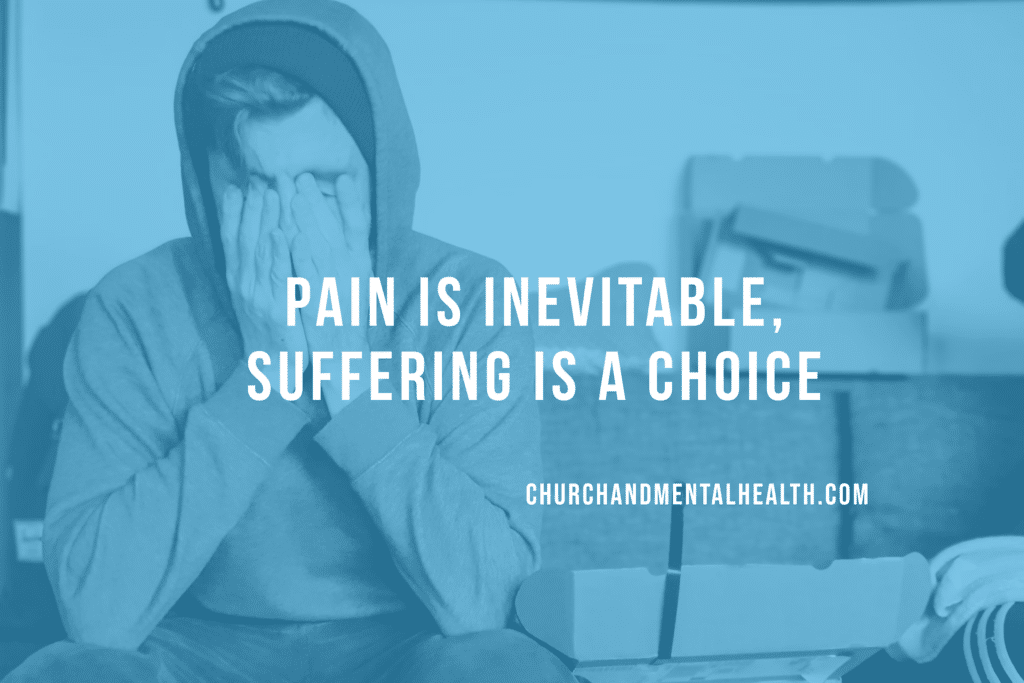
#6 Pain Is Inevitable, Suffering Is A Choice
The title says it all, “Pain is inevitable, suffering is a choice.” This comment is one I use quite often with my clients who come in for services and struggle with suffering. It does not matter if the pain is something that they have caused because of their choices and their sins (we see this supported in Scripture in 1 Corinthians 11:30-32) or something that has happened to them because we live in a fallen world and other people’s sins affect us (also supported in Scripture in John 9:3; 2 Corinthians 12:8–9) But regardless if the pain is physical or emotional, it can be treated. (We recommend checking out our discussion on how Christians can treat pain and suffering in counseling here.)
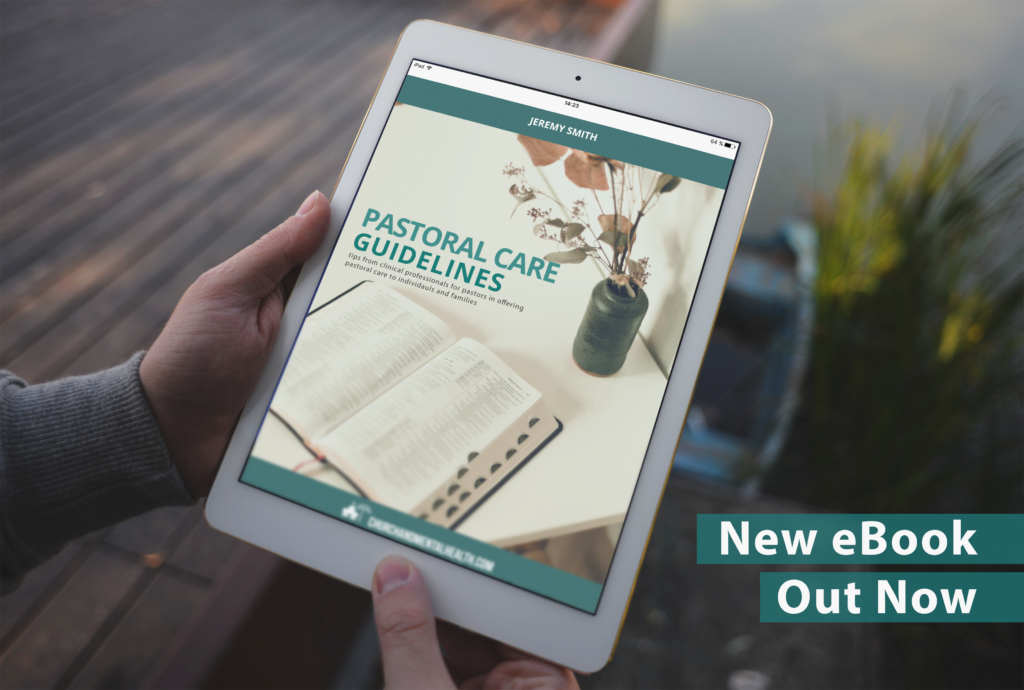
#7 Pastoral Care Guidelines
We are excited to announce the release of our new Pastoral Care Guidelines short ebook. In working with pastoral staff, we saw the need to have some basic guidelines to offer to pastoral staff who wanted a couple of quick tips, a reference guide to quickly look over before they went out the door to the hospital or home for someone struggling, or as a training tool for new staff.
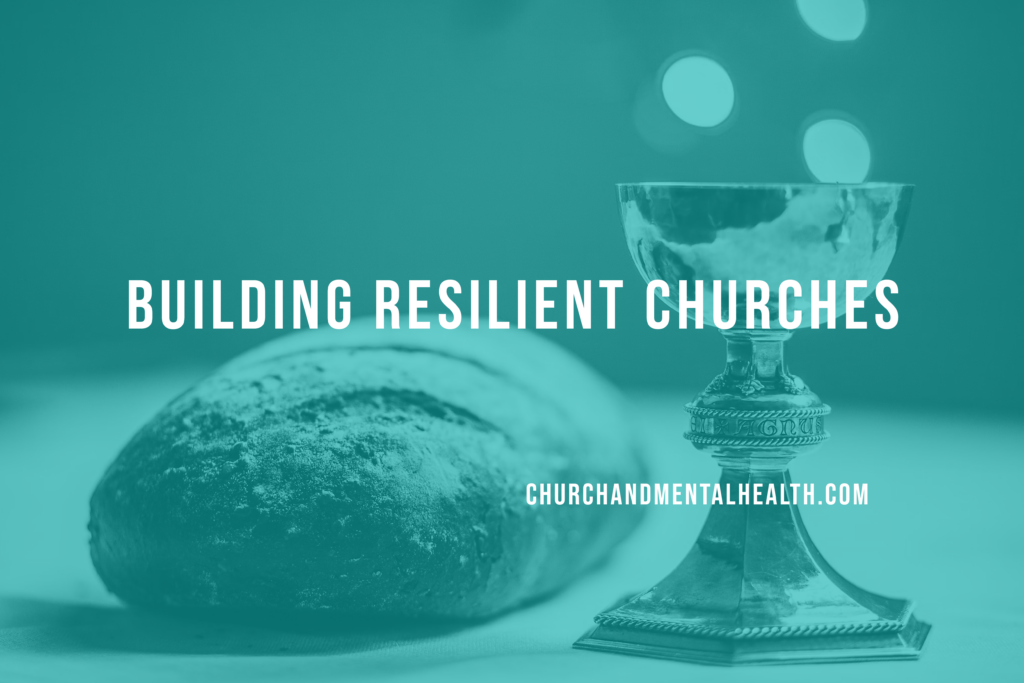
#8 Building Resilient Churches: The Role of Pastors in Promoting Mental Health
In the hustle and bustle of modern ministry, pastors often find themselves juggling numerous responsibilities, from preaching and teaching to counseling and pastoral care. Amid these demands, the mental health of both the pastors themselves and their congregations can sometimes be overlooked. Yet, promoting mental health is a crucial aspect of building a resilient church. By actively supporting mental well-being, pastors can foster a community that is not only spiritually strong but also emotionally and mentally resilient.
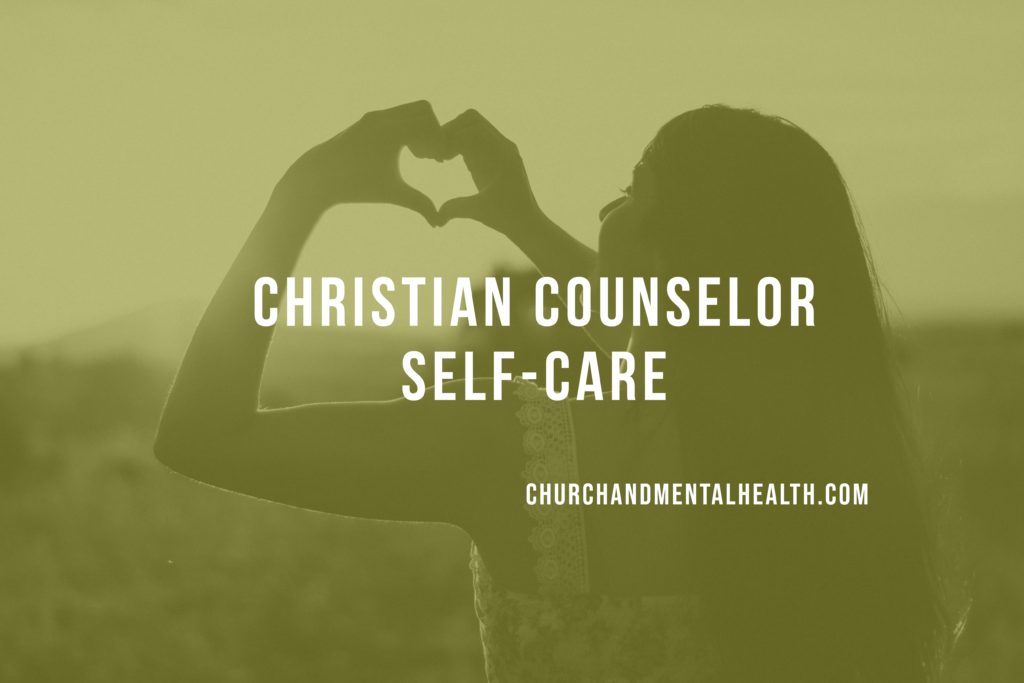
#9 Christian Counselor Self-Care
Counseling is a vast and deep profession to work within. Human suffering, healing, and redemption for adults, youth, families, marriages, victims of domestic violence and human trafficking, substance misusing, depression, anxiety, schizophrenia, foster care, spiritual trauma, and so much more. For Christian counselors, we have the hope of Christ as our center, the hope of Jesus, the faith of a healing, and the promise of grace in tomorrow.
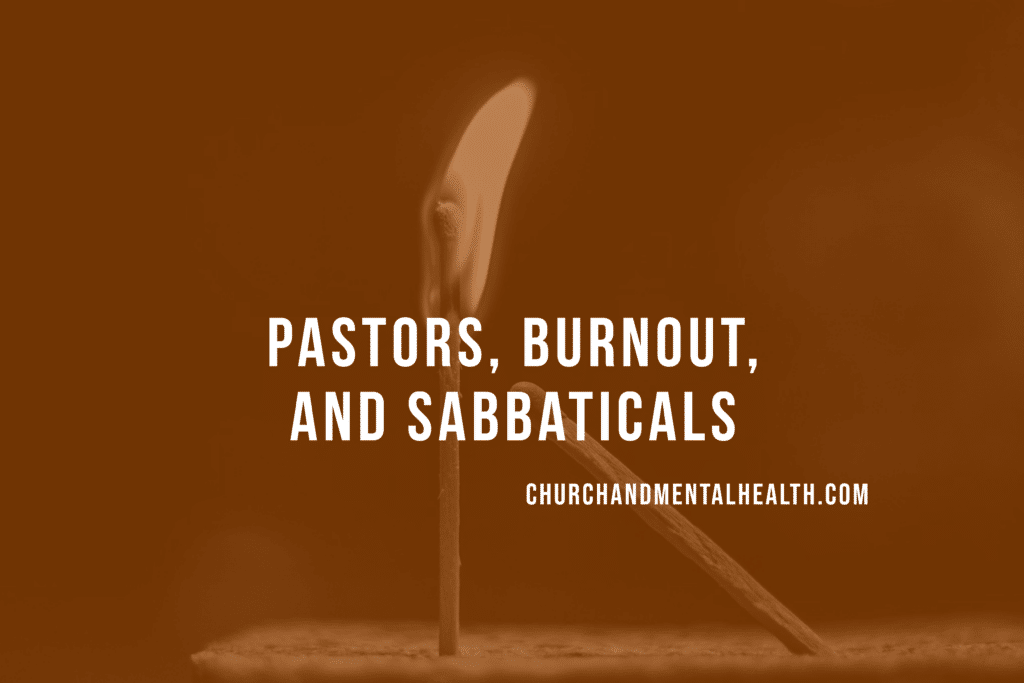
#10 Pastors, Burnout, and Some Hope
Pastor burnout is a thing. We’ve talked about it quite a few times here. But it’s a topic that will need to be talked about routinely for a long while. Want evidence of the need? Check out the newest data collected by Barna Group in the State of Pastors, Volume 2, which has seen some stark negative and positive changes in recent years concerning work satisfaction and personal stability for pastors. Here are some of the highlights to coincide with our point:
